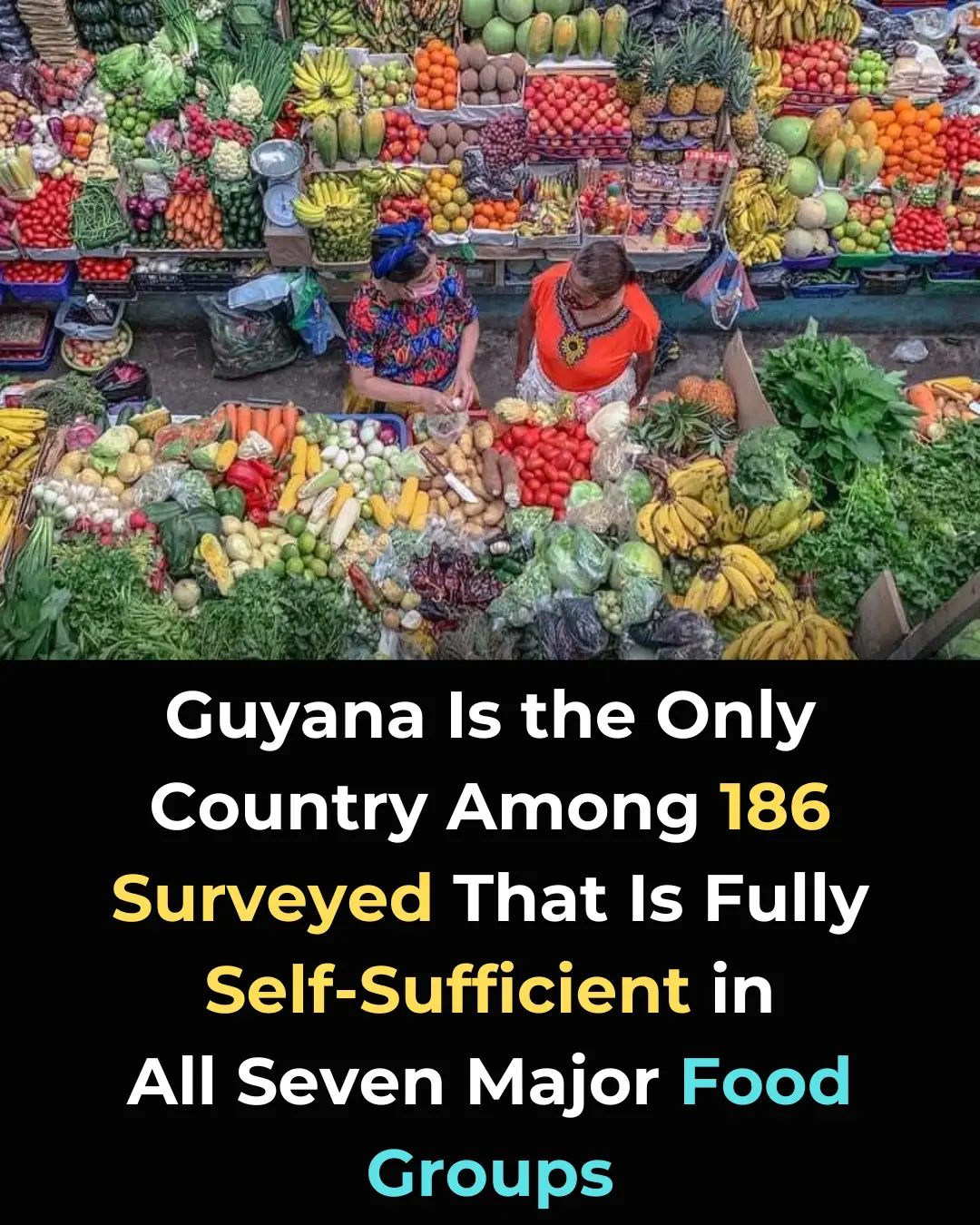
Vietnam Approves Russian-Made Cancer Immunotherapy ‘Pembroria’ for Multiple Cancer Types
Vietnam Grants Approval to Russian‑Made Immunotherapy Drug “Pembroria”
Vietnam’s Ministry of Health has recently approved a Russian‑made cancer immunotherapy drug called Pembroria for use in the country, representing a significant step toward making advanced cancer treatment more accessible. According to the country’s drug regulator, Pembroria is one of 14 vaccines and biological products granted market authorization in the latest approval round.
What is Pembroria?
Pembroria is a biologic medicine whose active ingredient is pembrolizumab — the same immunotherapy agent used in the globally established cancer drug Keytruda. Administered as an intravenous infusion, the drug comes in 100 mg/4 ml vials and has a shelf‑life of 24 months from manufacture.
Though Pembroria shares its mechanism and key ingredient with Keytruda — a monoclonal antibody targeting PD-1 to help the body’s immune system attack cancer cells — authorities emphasize that it is a “biosimilar,” not a brand‑new drug. The approval broadens the supply of immunotherapy options in Vietnam, which already has a range of monoclonal antibody–based treatments.
Range of Use — What Cancers It Targets
The regulatory license for Pembroria includes a wide spectrum of cancer types. According to information from the regulator and hospitals, approved indications cover many solid tumors and some other cancer forms:
-
Non–small cell lung carcinoma
-
Melanoma (skin cancer)
-
Head and neck squamous cell carcinoma
-
Classical Hodgkin lymphoma
-
Urothelial carcinoma (bladder/urinary tract)
-
Esophageal carcinoma
-
Colorectal cancer (especially with high microsatellite instability or mismatch repair defects) Cervical cancer
-
Renal (kidney) cell carcinoma
-
Endometrial (uterine) carcinoma
-
Triple‑negative breast cancer
-
Gastric (stomach) or gastroesophageal‑junction adenocarcinoma
-
Biliary tract (cholangiocarcinoma) cancer
This wide range reflects Pembroria’s use as a general immunotherapy agent when cancer has progressed or conventional treatments (surgery, chemotherapy, radiotherapy) are not effective.
What This Could Mean for Vietnamese Patients
The approval of Pembroria is expected to broaden access to advanced immunotherapy in Vietnam, potentially offering a more affordable alternative to existing options. According to statements from K Hospital in Hanoi — which plans to begin offering Pembroria — each vial may cost around VND 18 million, with typical treatment cycles using two vials (i.e., VND 36 million per cycle). This is substantially less expensive than Keytruda, whose listed price is much higher.
Health experts and regulatory officials also note that the introduction of a biosimilar such as Pembroria helps diversify treatment supply, which may drive down costs and reduce reliance on a small number of imported branded drugs.
However, not all patients will be eligible for Pembroria. Whether a patient can receive the drug depends on a range of factors including cancer type, tumor characteristics, disease stage, and overall health — decisions to use it must be made on a case‑by‑case basis by oncologists.
In addition, while Pembroria has been authorized for circulation, it is not yet covered by Vietnam’s public health insurance system.
Context: Why This Matters
Cancer remains a growing public health challenge in Vietnam. According to national data, the number of cancer cases and deaths has been rising in recent years — underscoring the urgency of expanding treatment options beyond conventional therapies.
By granting circulation approval to a biosimilar immunotherapy, regulators are effectively increasing the accessibility of advanced treatments, which may help alleviate some of the burden posed by high‑cost branded drugs. As noted by oncology experts, this move aligns with broader efforts to improve equity in cancer care.
At the same time, medical professionals stress the need for careful, individualized treatment planning — immunotherapy is not a “one‑size‑fits-all” solution, and effectiveness can vary widely depending on patient-specific factors.
News in the same category


Meet Jonathan: The 192-Year-Old Tortoise Who Has Witnessed History and Continues to Inspire

Retired Couple in UK Successfully Nurtures 90-Million-Year-Old Wollemi Pine, Leading to Its First Reproduction Outside Australia

Stem Cell Therapy for Type 1 Diabetes Shows Promise in Human Clinical Trials

Have you noticed small white spots on your arms or legs… and you don't know what they are?

How Guyana Became the Only Nation Fully Self-Sufficient in All Seven Major Food Groups

Donald Trump's new scarf leaves everyone saying the same thing

Scientists May Have Just Found a Breakthrough Hair-Loss Treatment

Panama's Marine Collapse: The End of a Key Ocean Upwelling System and What It Means for the Future

Genetic Evidence Links Icelanders to Native Americans, Suggesting Viking Contact with the Americas

Hayli Gubbi Volcano Erupts in Ethiopia for First Time in 12,000 Years

Mia Khalifa at Oxford: A Controversial Talk on Redemption, Reinvention, and Second Chances

Breaking Bob: How a 75-Year-Old Turned a Five-Minute Smoke Break into a Viral NYC Spectacle

The Night Google.com Was Accidentally Sold for $12: A Story of Integrity and Goodwill

After 12 Millennia of Silence, Ethiopia’s Hayli Gubbi Volcano Erupts Dramatically

When a Woman Bites Her Lip While Staring at You, It Means She Is ...

How Europe Says "Street": A Multilingual Journey Through Language and Culture

A New Dawn for Chronic Kidney Disease Treatment: From Management to Possible Remission

A Butterfly, A Flute, and Unshakable Composure: The Legendary Performance of Yukie Ota
News Post

3 flowers that make snakes tremble with fear — beautiful and safe to plant around your home

The Medicinal Powers of Turmeric That Doctors Rarely Mention

The Best Natural Gout Treatments: Remove Uric Acid Crystallization To Prevent Gout And Joint Pain

How to Tell If You Have Intestinal Parasites and What to Do About That

People Who Eat 3 Eggs Every Day Are Noticing This Crazy Difference

Why Your Hands or Arms Fall Asleep at Night and What To Do

Meet Jonathan: The 192-Year-Old Tortoise Who Has Witnessed History and Continues to Inspire

Retired Couple in UK Successfully Nurtures 90-Million-Year-Old Wollemi Pine, Leading to Its First Reproduction Outside Australia

Stem Cell Therapy for Type 1 Diabetes Shows Promise in Human Clinical Trials

Have you noticed small white spots on your arms or legs… and you don't know what they are?

How Guyana Became the Only Nation Fully Self-Sufficient in All Seven Major Food Groups

Donald Trump's new scarf leaves everyone saying the same thing

Scientists May Have Just Found a Breakthrough Hair-Loss Treatment

Panama's Marine Collapse: The End of a Key Ocean Upwelling System and What It Means for the Future

Genetic Evidence Links Icelanders to Native Americans, Suggesting Viking Contact with the Americas

The Kid Who Was Surprised By Dad With Birthday Bat In Viral Video Hits Home Run With Bat And Dad Catches It

Delaware Post Office Renamed In Honor of Mary Ann Shadd Cary, First Black Woman Publisher

Hayli Gubbi Volcano Erupts in Ethiopia for First Time in 12,000 Years
